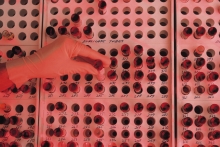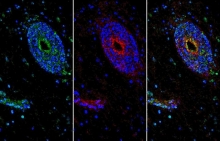New research by McGill University biologists shows that milder winters have led to physical alterations in two species of mice in southern Quebec in the past 50 years – providing a textbook example of the consequences of climate change for small mammals.
The findings also reveal a stark reversal in the proportions of the two mice populations present in the area, adding to evidence that warming temperatures are driving wildlife north.




